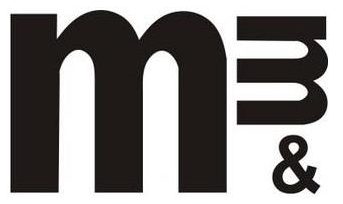To tax (from the Latin taxo; “I estimate”, which in turn is from tang?; “I touch”) is to impose a financial charge or other levy upon a taxpayer (an individual or legal entity) by a state or the functional equivalent of a state such that failure to pay is punishable by law. The same is the definition of tax in Pakistan. You have to pay or plan to avoid it , no other way out.
Taxes in Pakistan consist of direct tax or indirect tax, and may be paid in money or as its labour equivalent (often but not always unpaid labour). Tax in Pakistan is not a voluntary payment or donation, but an enforced contribution, exacted pursuant to legislative authority and is any contribution imposed by government, local government or municipal government of Pakistan under various names like toll, tribute, tallage, gable, impost, duty, custom, excise, subsidy, aid, supply, or other name.
Governments of Pakistan uses different kinds of taxes and vary the tax rates. This is done to distribute the tax burden among individuals or classes of the population involved in taxable activities, such as business, or to redistribute resources between individuals or classes in the population. Historically, the nobility were supported by taxes on the poor; modern social security systems are intended to support the poor, the disabled, or the retired by taxes on those who are still working.
Objects of Taxation system in Pakistan
The main purpose is revenue. Taxes in Pakistan are levied to raise money in order to spend on Pakistan army (Improve defence), roads (Infrastructure development), schools and hospitals (Social Development of the people of Pakistan) , and on more indirect government functions(market regulation and so forth).
A second object of government of Pakistan for levying tax is Redistribution. Normally, this means transferring wealth from the richer sections of society to poorer sections. Variable tax rates are basically done to achieve the same.
A third purpose of taxation is Repricing. Taxes are levied to address externalities: tobacco is taxed, for example, to discourage smoking, and many people advocate policies such as implementing a carbon tax.
Masood & Masood Specialises in full range of tax services and is one of the leading firms giving full support from tax planning to tax litigation, from tax compliance to tax mitigation. We can do it all for you, just leave a message and the concerned M&M representative will get in touch to assist you through the complex web of Pakistan taxation system.
[contact-form 1 “Contact form 1”]
